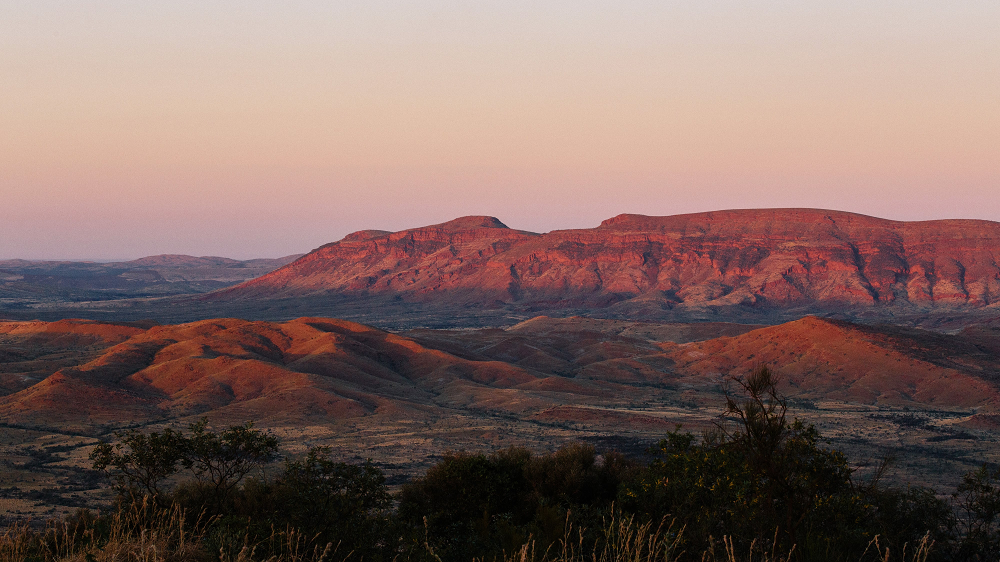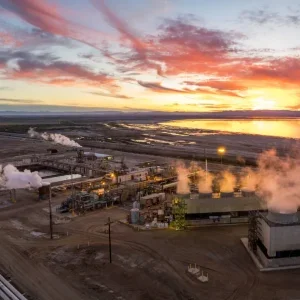
Rio Tinto has admitted it missed several opportunities to prevent the destruction of the Juukan Gorge Aboriginal heritage site in Western Australia.
The Anglo-Australian mining giant blasted two 46,000-year-old rock shelters at the site in May, leading to a public backlash over the loss of the important cultural landmark.
In a submission to the parliamentary inquiry into the incident, Rio admitted that from early 2020, there was “growing awareness” of the “greater cultural heritage significance of the wider Juukan Gorge area”.
The miner noted several further opportunities were missed at this stage to “pause and reflect on whether the agreed plan of ex situ preservation of the heritage material discovered within the rock shelters was sufficient or whether the rock shelters themselves should be also preserved”.
Rio Tinto boss has ‘unreservedly apologised’ for the Aboriginal heritage site destruction
Rio Tinto’s CEO, J-S Jacques, said the destruction “should not have occurred” and added that he has “unreservedly apologised” to the Puutu Kunti Kurrama and Pinikura people (PKKP), who are native to the Juukan Gorge area.
“As a first priority our aim is to strengthen our partnership with the PKKP,” he added.
“That remains our focus. We have also taken actions to strengthen governance, controls and approvals on heritage matters.
“I am continuing to meet with traditional owners across Australia and remain committed to listening and learning.”
Opportunities missed by Rio Tinto
Approval to detonate explosives at the Brockman 4 iron ore project in Pilbara was granted in 2013, but subsequent examinations of Juukan Gorge have unearthed several items of cultural and historical significance – which spokespeople for the PKKP argue should have led to a review of the plans.
In its statement, Rio said an opportunity was missed in 2014 to re-evaluate the mine plan after “new information on the significance of the Juukan rock shelters became available to the PKKP and Rio Tinto” following surveys of the site.
A further opportunity was also missed in 2018, with the publication of the final report on the archaeological excavations at one of the rock shelters conducted during 2014.
That report noted the rock shelter had “the amazing potential to radically change our understanding of the earliest human behaviour” in Australia.
Rio Tinto’s communication failures
But Rio proceeded with the blasting on 24 May, 2020 – three days before the start of National Reconciliation Week, an annual observance of Australia’s cultural histories and traditions.
In its statement, the miner acknowledged that in October 2019 there were discussions at Brockman 4 mine between its personnel and the PKKP Cultural Heritage Manager, about the “status of the mine plan” in relation to the Juukan area.
Although the firm said “recollections differ” over those discussions, it admitted this presented an opportunity to confirm the timing of impacts to the rock shelters, which it claims had “long been within the mine footprint”.
Rio added that it appears the precise timing of the direct impacts to the shelters was “not clearly communicated” to the PKKP until 15 May 2020, by which time, the blast that ultimately impacted the rock shelters was “already scheduled and was largely loaded”.
The company said in considering possible changes that should be made to legislative frameworks, contractual agreements and new standards and ways of working, there is a “critical and ongoing balance to be struck”.
“On the one hand, it is essential to find more effective and flexible means to escalate and manage concerns regarding the preservation of the unique cultural heritage of Indigenous Australians,” Rio said in its statement.
It added: “On the other, there needs to be a clear and predictable framework to enable long-term investment in, and the efficient operation of, mining projects that contribute so significantly to Australia.”






